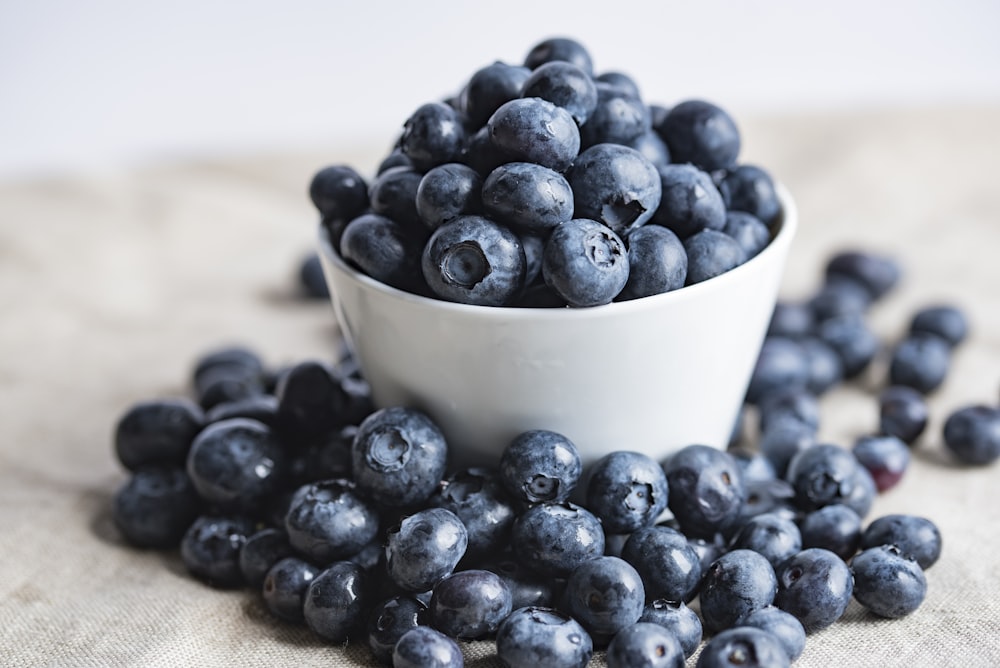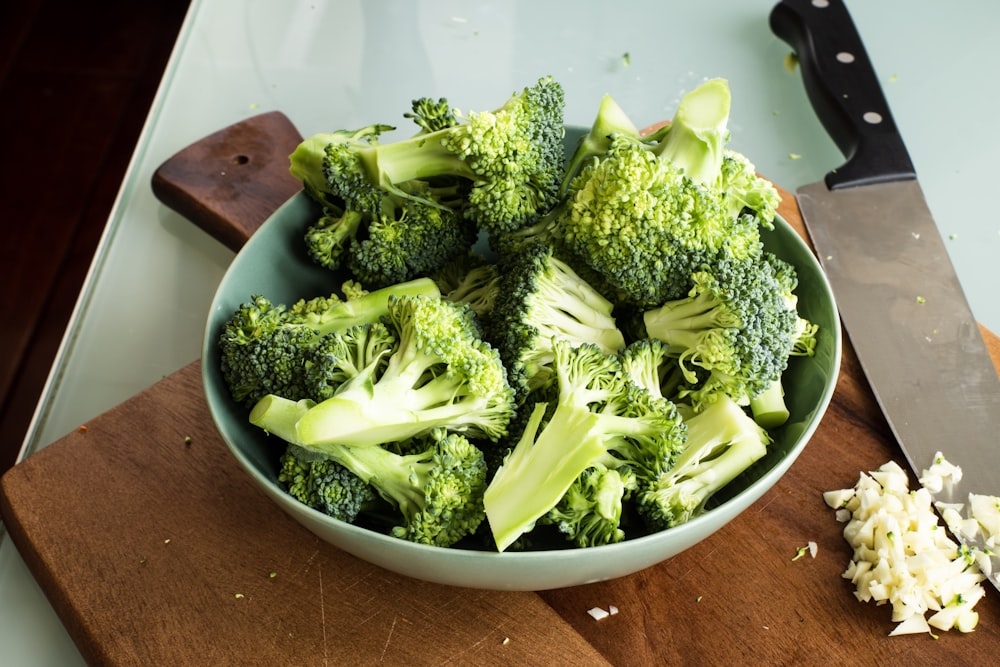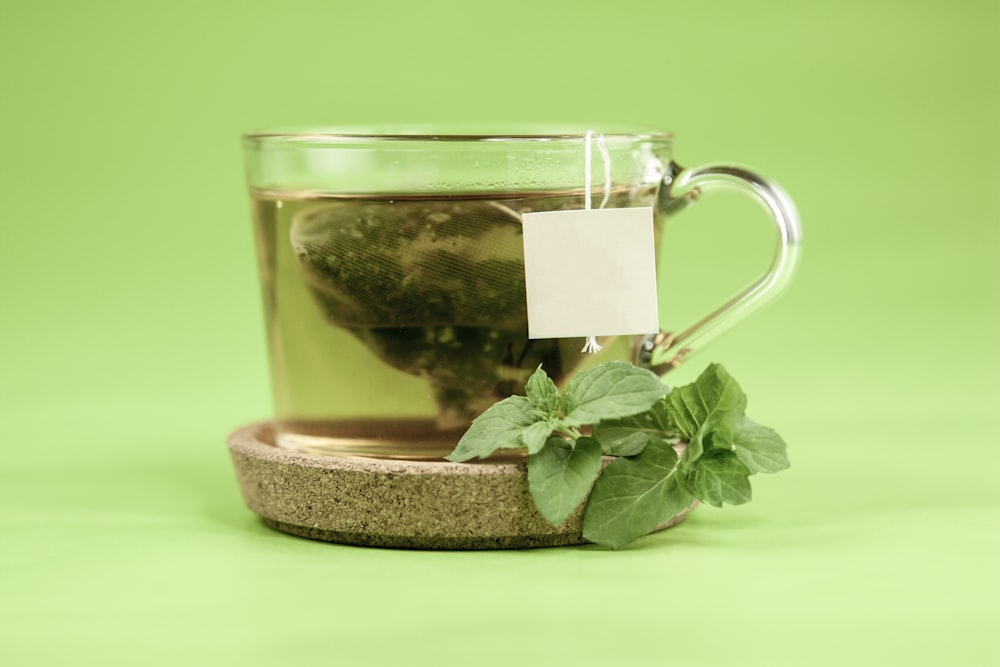
Inflammation in the body is not good for your health if it’s not happening for a protective reason. Unless you’re experiencing inflammation because you have an infection or you’ve injured yourself, you don’t want inflammation in your body. This is why eating anti-inflammatory foods to keep inflammation at bay is good for your health.
Acute inflammation is not necessarily bad. It happens when your body is fighting invaders in an attempt to heal itself. Chronic inflammation, on the other hand, can cause a wide range of health and wellness problems. Examples of chronic inflammation include arthritis, asthma, psoriasis, and chronic back pain.
Chronic inflammation can cause a whole bunch of problems. Chronic inflammation can cause problems in your digestive system, inflame your airways, or cause body pains. However, eating anti-inflammatory foods can help combat chronic inflammation.
Most people know when there’s inflammation happening in their body because they’ll notice swelling, redness, stiffness or the area feels warm to the touch.
Anti-Inflammatory Foods VS Inflammatory Foods
Certain foods such as fried foods and processed meat can have an inflammatory effect in the body, while other foods such as berries are known to be anti-inflammatory foods.
By eating more anti-inflammatory foods, you can reduce inflammation and reduce your risk of chronic illness. On the other hand, if you continually reach for unhealthy fried foods that promote inflammation, you could accelerate the inflammatory disease process and make yourself sick. A Harvard study suggests that some foods can help combat chronic inflammation. In fact, the more robust solutions for fighting inflammation come from the grocery store, not the pharmacy.
Below are 10 of the best anti-inflammatory foods you should incorporate into your diet:

1. Berries
These tiny fruits are not just delicious, but also anti-inflammatory and nutritious. Although they’re small, each berry is packed with fiber, vitamins, and minerals, making berries one of the healthiest anti-inflammatory foods out there. The most popular berries are strawberry, blueberry, raspberry, and blackberry.
Research proves that berries are rich in anthocyanins, which are antioxidants that have anti-inflammatory effects. Therefore, eating berries help you fight oxidative stress and reduce the onset of chronic illness. Fortunately, you can readily incorporate more berries into your life by:
- Adding them to smoothies
- Placing them as topping for salads, oatmeal, and yogurt
- Eating them alone as a snack
- Drying them for your DIY trail mix
2. Tomato
Tomatoes are some of the tastiest and most versatile anit-inflammatory foods. Here’s some cool trivia: tomato is not a vegetable but a fruit. In botany, the tomato is considered a berry. But this versatile ingredient deserves its own spot because it is a nutritional powerhouse. Tomatoes contain tons of vitamin C, potassium, and, most of all, lycopene. The latter is an antioxidant with very efficient anti-inflammatory properties. You can use tomato for the following:
- Cooked in olive oil to make different kinds of pasta
- Chopped up and mixed in with salads
- Use as a filling for sandwiches
- Create tasty dips
- Use as a base for soups and stews
3. Fatty Fish
Fatty fish is an excellent source of protein and omega-3 fatty acids. This type of fish has gotten a good reputation because it increases your good cholesterol or HDL in the body. This helps in fighting hypertension and heart disease. These fatty acids also reduce inflammation, leading to metabolic syndrome, heart disease, kidney disease, and diabetes. Thankfully, your body metabolizes the fish fats into compounds called resolvins and protectins, which fight inflammation. The most popular fatty fish sources are as follows:
- Salmon
- Mackerel
- Herring
- Anchovies
- Sardines
There are many creative ways to incorporate this fish into your diet. You can steam, bake, or grill them. Then serve with wholewheat pasta, couscous, or brown rice. Alternatively, you can eat them with bread like salmon with avocado in sourdough.

4. Cruciferous Vegetables
Cruciferous veggies like broccoli, cauliflower, kale, and Brussels sprouts have long been associated with decreasing your risk of heart disease and cancer. And this is due to the antioxidants they contain, which have anti-inflammatory effects.
For instance, broccoli is rich in sulforaphane, which reduces your body’s level of cytokine and nuclear factor kappa B. Both elements promote inflammation. You can incorporate these cruciferous veggies by eating them as stir-fries with brown rice, mixing them with wholewheat pasta, or serving as a side dish.
5. Avocado
Never underestimate this powerful superfood. A single avocado is packed with fiber, magnesium, potassium, and monounsaturated fats. The latter is a good fat that promotes cardiovascular health. Besides, avocado contains a lot of tocopherols and carotenoids, which are linked to reducing your risk of cancer, which is again related to inflammation.
On top of that, avocados also reduce inflammation in your body’s newly forming skin cells. In addition, this fruit also reduces inflammatory markers like interleukin 1 beta and CRP. Check out these creative tips on using avocado:
- Put as filling in a sandwich with salmon or shrimp
- Use for avocado pesto in whole wheat pasta
- Blend into a smoothie bowl
- Utilize in a healthy chocolate mousse, brownie, or ice cream recipe

6. Green Tea
Tea is the second most popular drink in the world, next to the water. It’s not surprising because it has a host of benefits for the body. Green tea tops that list of the most consumed tea variants, and it is one of the healthiest beverages you can drink. Apart from aiding digestion, it reduces the risk of cancer, heart disease, obesity, Alzheimer’s, and other issues. If you noticed, these are all chronic conditions associated with inflammation.
The benefits of green tea are due to its antioxidant and anti-inflammatory properties coming from a substance called EGCG or epigallocatechin-3-gallate. This mitigates inflammation by preventing damage to fatty acids in your cells and reducing the presence of pro-inflammatory cytokines. Fortunately, green tea is easy to brew as it comes in tea bags, powders, and loose tea leaves. There’s also green tea powder in capsule form if you want a potent dose without having to drink the tea itself.
7. Peppers
The pepper family, like capsicum and chili peppers, contains a lot of vitamin C and antioxidants, which studies say have anti-inflammatory effects thanks to the presence of carotenoids. Peppers also contain sinapic acid and ferulic acid, reducing inflammation and supporting healthy aging. In addition, peppers are a great accompaniment or flavor enhancer for the following:
- Stews
- Plates of pasta
- Dipping sauces
- Marinades
8. Mushrooms
Mushrooms are some of the healthiest and lowest calorie anti-inflammatory foods. Edible mushrooms such as truffles, shiitake, button, and portobellos are low in calories but rich in copper, selenium, and B vitamins. On top of that, research shows they have phenols and antioxidants that protect against inflammation. However, one study showed that cooking mushrooms lower their anti-inflammatory properties. Thus, it is best to eat them raw in salads or lightly cook them in stir-fries, omelettes, or pasta dishes.

9. Grapes
Grapes are delicious, nutritious and anti-inflammatory in nature. They contain anthocyanins and polyphenols. Studies show that these ingredients decrease your risk of cardiovascular issues, diabetes, obesity, Alzheimer’s, and eye disorders.
On top of that, grapes also contain a lot of resveratrol, another antioxidant that protects the heart against inflammation. Eating grapes will also increase your body’s levels of the hormone adiponectin, which low levels are associated with an increased risk of cancer and weight gain. Fortunately, grapes are abundant, and you can readily eat them as a snack or use them as a topping for salads. You can also make them into smoothies.
10. Turmeric
Turmeric latte, anyone? Turmeric is a spice with an earthy flavor because it is a root crop akin to ginger. You will often find it in curries and other spice-rich dishes like masala or souvlaki. Turmeric has been trending recently as a supplement because it contains curcumin, a powerful anti-inflammatory compound. It is found to reduce inflammation related to diabetes, arthritis, and other diseases. Moreover, it significantly reduces the inflammatory markers in the body. Today, you can use turmeric via the following:
- As a spice for dishes
- Infused in tea via powder or tea bags
- Supplement in capsule form
Combat Inflammation to Reduce Your Risk of Chronic Diseases
Remember, even low levels of persistent and chronic inflammation in your body can be a precursor for disease. Thus, it is your responsibility to keep inflammation at bay by saying no to processed foods and other ingredients that promote it. Instead, choose a wider variety of antioxidant foods since they lower inflammation and reduce your risk for illness. Eating anti-inflammatory foods will keep you healthier and feeling better.
If you want to stay proactive about your health, it would be best to take a Circle DNA test. This home kit reveals your ancestry and health risk factors based on your DNA. On top of that, results will also provide input on the best diet, fitness, lifestyle habits, etc., that best fit your unique genetic profile.






Comments are closed.